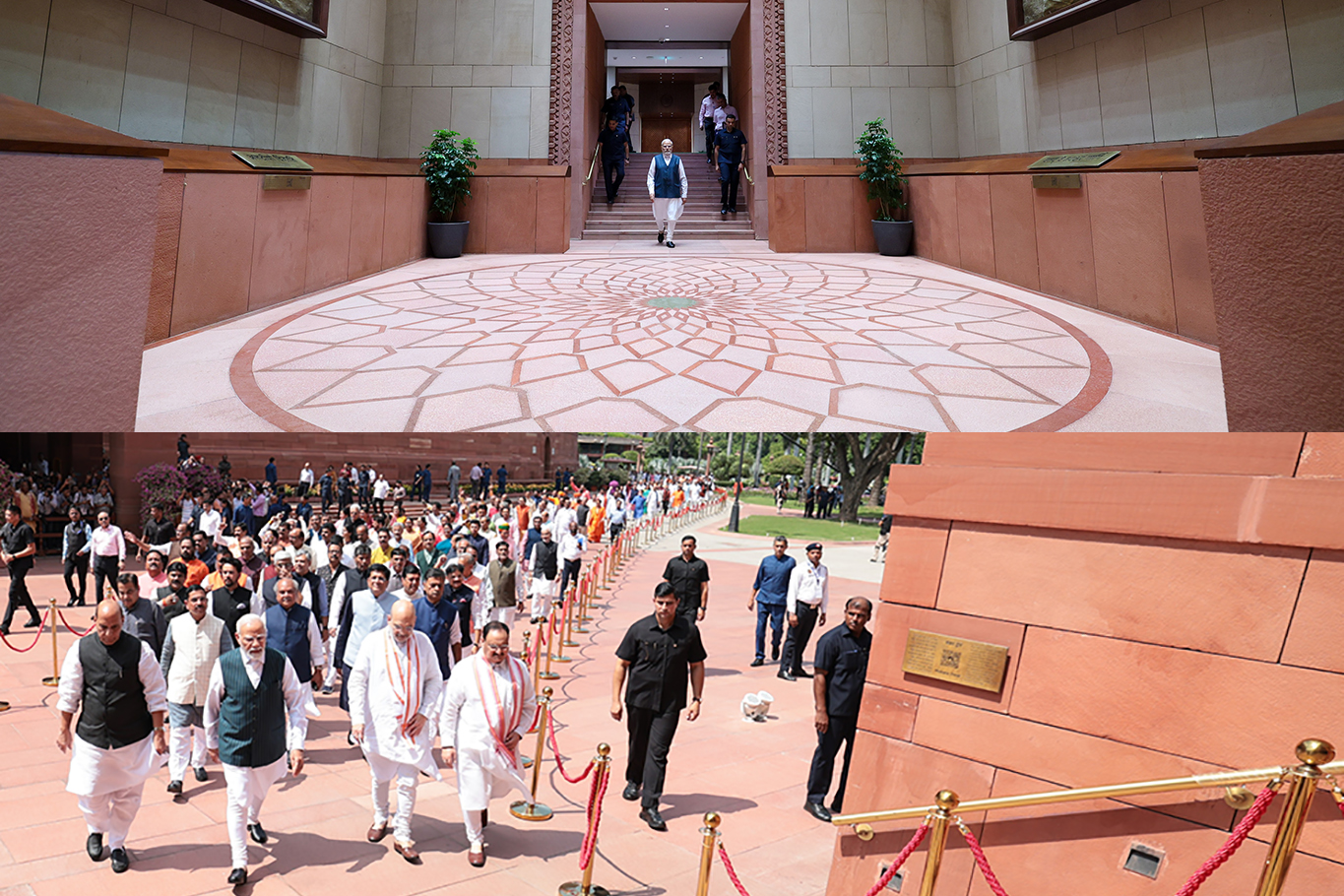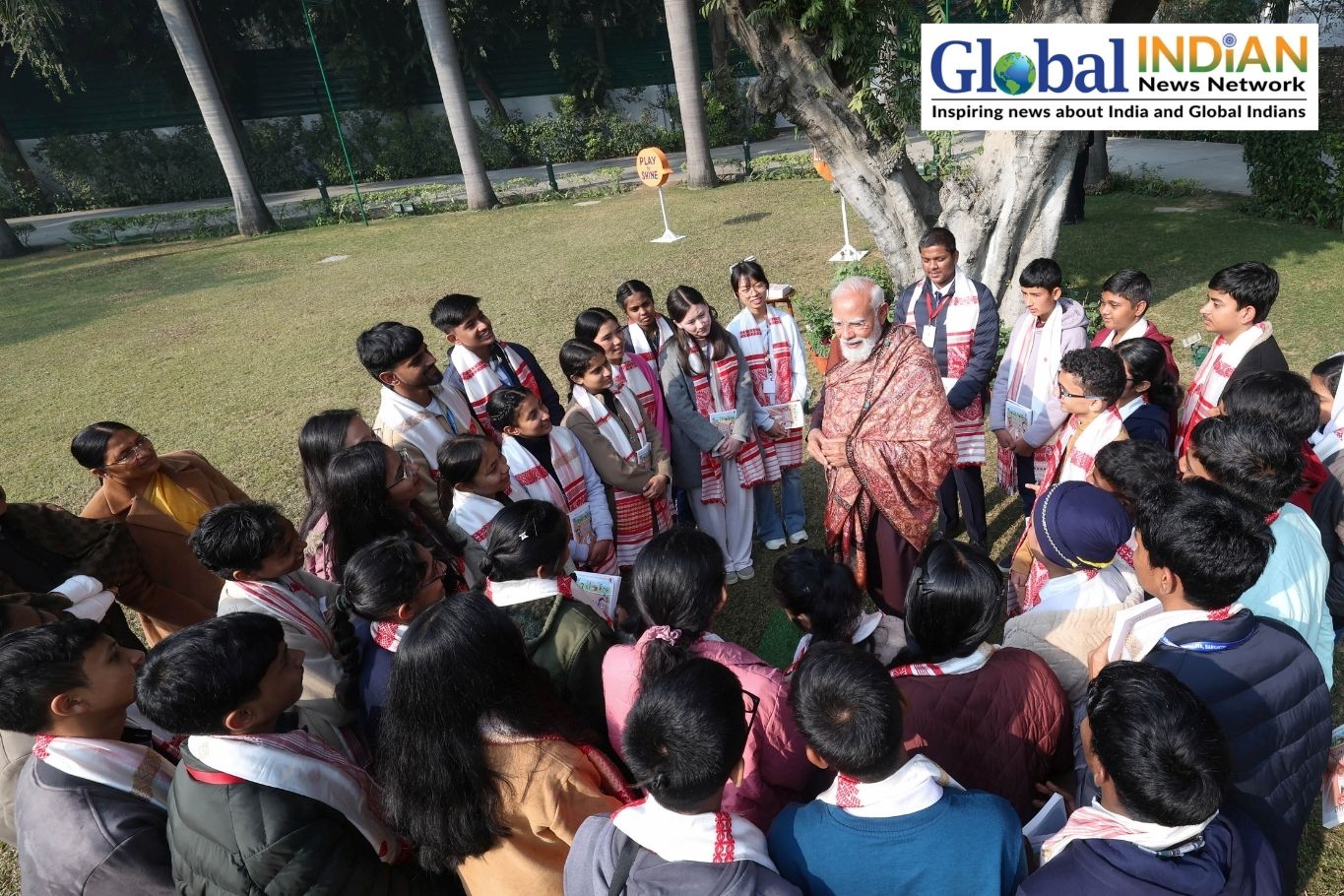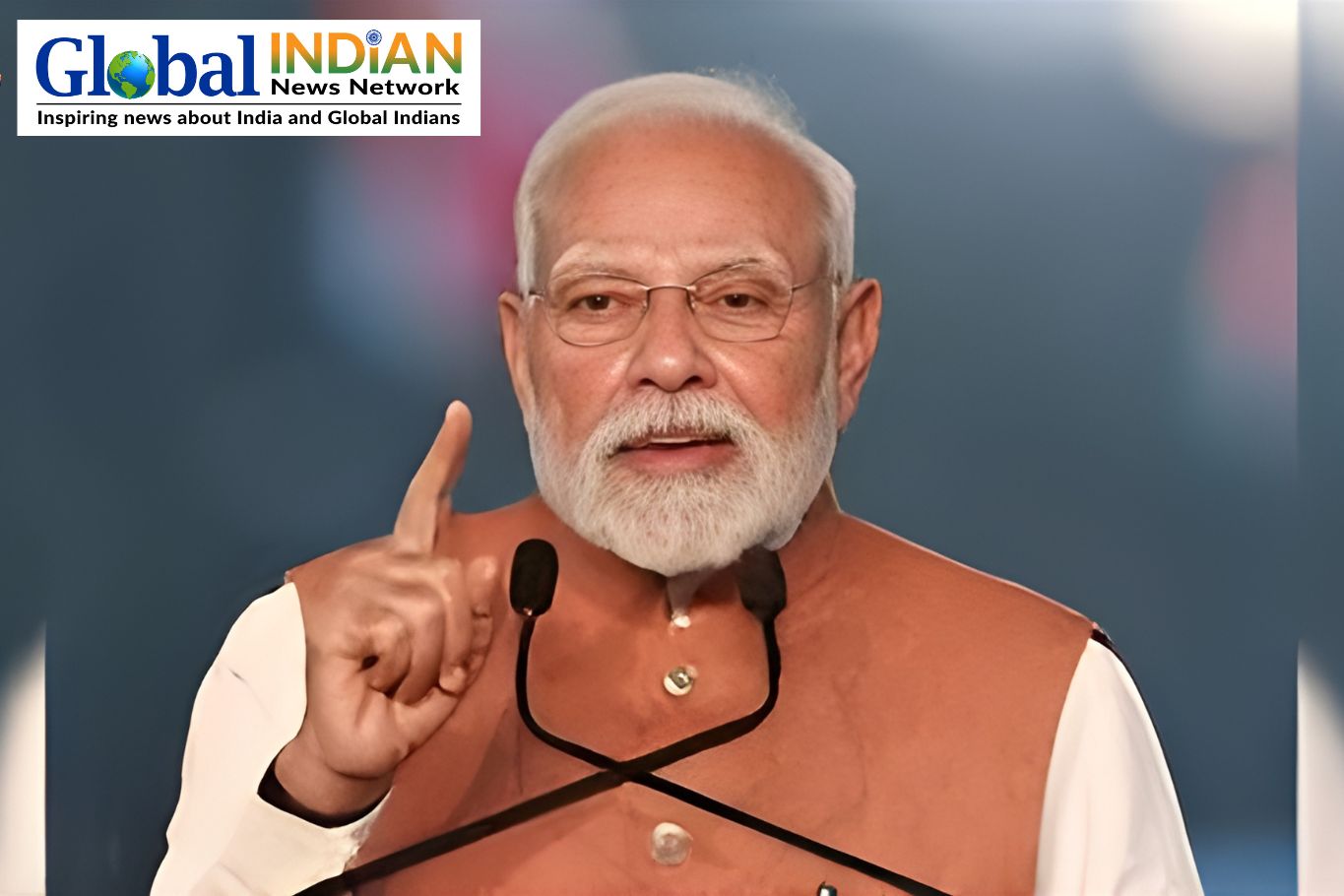 Prime Minister Narendra Modi emphasized the paramount role of Parliament in serving the nation, underlining that it exists not for the benefit of any political party but solely for the development of the country. During the inaugural session in the New Parliament building, he referred to this moment as the beginning of the ‘Amrit Kaal,’ signifying India’s forward march into the new Parliament structure.
Prime Minister Narendra Modi emphasized the paramount role of Parliament in serving the nation, underlining that it exists not for the benefit of any political party but solely for the development of the country. During the inaugural session in the New Parliament building, he referred to this moment as the beginning of the ‘Amrit Kaal,’ signifying India’s forward march into the new Parliament structure.
Prime Minister Modi highlighted recent achievements, including the success of Chandrayaan 3 and India’s role in organizing the G20. He emphasized the need to turn resolutions into action and to move forward with renewed vigor and unity.
He drew inspiration from Lokmanya Tilak’s transformation of Ganesh Chaturthi into a symbol of Swaraj and urged a similar transformation in mindset. The Prime Minister acknowledged the sacred Sengol’s presence as a bridge between the old and new, symbolizing the dawn of freedom.
Praising the dedication of 30,000 workers and engineers who continued building during the pandemic, PM Modi noted that there are moments in a nation’s development when history is made. He announced the Union Cabinet’s approval of the Reservation of Women in Parliament Bill, marking a historic day for India.
The Prime Minister expressed the Bill’s purpose to enhance women’s participation in the Lok Sabha and Vidhan Sabhas, hailing it as a significant step for democracy. He commended the women of India for their contributions and pledged commitment to making the Bill a law.
In addressing the Rajya Sabha in the new Parliament, PM Modi stressed the need for serious intellectual discussions, transcending political discourse, to guide the nation. He underscored the importance of Rajya Sabha in cooperative federalism, particularly during challenges like the Covid pandemic.
The Prime Minister looked forward to celebrating India’s 100 years of independence in the new Parliament building in 2047 and expressed confidence in India’s rise as one of the world’s top three economies. He emphasized that the new Parliament would further empower welfare schemes for the underprivileged.










1 Comment
Thanks for sharing your knowledge on this topic. It’s much appreciated.